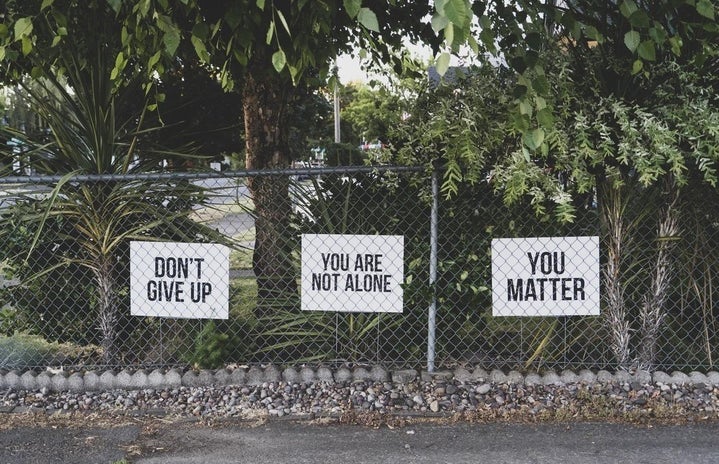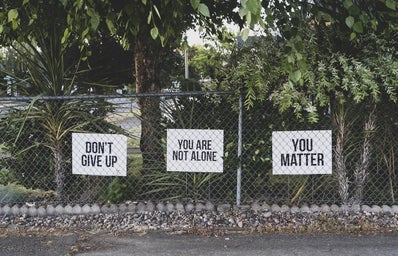Have you ever thought to yourself: why do I have so many different mood swings? Why is it that one moment I can feel so happy and the next moment I feel so sad? What is the reason for why I keep experiencing these emotional rollercoasters? To be honest, I can’t speak for everyone who goes through this concept of an emotional rollercoaster. What I can tell you is that one of the reasons people may go through this situation is a result of trauma. Now, you ask yourself, what is trauma? Trauma is defined as an emotional response to a terrible event like an accident, rape, or natural disaster. Immediately after the event, shock and denial are typical. Longer term reactions include unpredictable emotions, flashbacks, strained relationships, and even physical symptoms like headaches or nausea. I believe the effects of trauma can be something as small as staying in the house alone, falling off a bike, or continually failing to complete or master something to the point that it makes you afraid to keep trying. It can also be something as big as getting heartbroken, getting into an accident, or losing a loved one. Traumatic experiences are things that occur in our lives that aren’t always in our control and can’t be easily forgotten. It’s so easy to remember a traumatic experience because it’s so easily accessible to us in our memories. What I mean by that is when something impacts us significantly, it doesn’t only impacts our minds, but it also leaves an imprint in our hearts. That’s why when we experience different emotions, our mind and hearts are instantaneously being activated and send signals to each other.
From a personal experience, when I look at a photo of my father who has passed away from cancer, my mind starts the activation process of the memories of my father that I cherished, and then these signals get sent to my heart. As my heart obtains these signals, it creates a translation of the memories into a bittersweet emotion which then gets sent back to the mind. Then my brain has a debate to see which emotion is being influenced the most. Is it happiness or is it more sadness? After my mind decides which one has the bigger effect from my heart, it allows those emotional feelings to then translate to facial expressions we may experience such as crying or smiling. Since this process happens instantaneously, our emotions can change in a split second, but at times they also can occur at the same time. For example, you can be crying and laughing simultaneously. Now, I truly believe that this process does not only apply to traumatic experiences, but it is most definitely a factor as to why we develop split second emotions that can make us feel vulnerable to think about and experience it. We are very complex creations and we don’t necessarily understand everything about ourselves, especially when it comes to dealing with the construct of the mind. While we have scientists and psychologists who study the mind, at the end of the day the way the mind works isn’t fully understood by why some people commit certain actions.
It’s okay to be happy at one moment and sad in another. Some people believe they need to seek counseling because it’s abnormal to feel these emotions all at the same time and that’s okay too. For some people, it’s good to talk it out with other people to help them understand why they feel the way they do. Mankind is nothing but the makeup of abnormality because we are all created differently, we look differently, and we live life differently. Trying to identify these emotions is one thing and trying to obtain self-control is another. Regardless of who you are, we are all going to face traumatic situations at some point in our lives, but it’s up to you as to how you respond to them. If you’re ever feeling like a wreck and can’t get off that emotional rollercoaster, try to seek help from a family member, friend, counselor, etc. It’s always better to express what you’re feeling rather than bottling up your emotions and letting it destroy you from the inside out.


